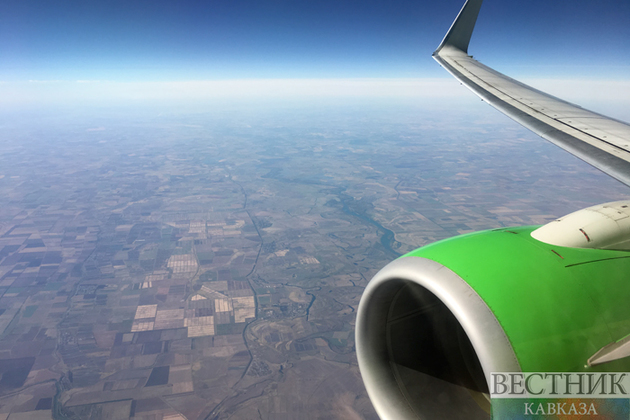Speaking on March 22 at a meeting of the economic policy committee in the upper house of the Russian parliament, transport minister Vitaly Savelyev said “Russia was being guided by Iran’s experience of how to service aircraft in a similar situation.” Tehran certainly has plenty of experience, having been the target of U.S. and other international sanctions on and off for several decades. However, its track record suggests its advice might be of limited use to Moscow, Forbes writes.
Iran has been prevented from receiving spare parts or new planes from international manufacturers for many years, but the country’s airlines have managed to keep flying, largely by using some planes for spare parts. Of its fleet of around 250 aircraft in 2018, around 100 of them were grounded because they had either broken down or been stripped for parts.
When Iran has had a chance to buy western jets, it has jumped at the opportunity. During a brief lull in international sanctions following the signing of the nuclear deal in 2015, Iranian airlines put in orders for more than 300 new aircraft from Airbus, Boeing and ATR. However, just a handful of the planes were ordered before then U.S. president Donald Trump pulled out of the nuclear deal and reimposed sanctions in 2018.
Thereafter, it looked around for alternatives to western aircraft, but found any deals difficult to complete. Agreements were announced in 2018 for two Iranian airlines – Aseman Airlines and Iran Air Tours – to buy 40 Sukhoi SuperJet 100 from Russia at a list price of around $2 billion, but the deal collapsed due to sanctions. Iran even began to look at developing its own passenger plane, but that project appears to have suffered from a shortage of funding.
In the absence of any new aircraft being available, Iran has had to turn to the second-hand market to buy much older planes. On March 16, the head of the Civil Aviation Organization of Iran (CAOI) Mohammad Mohammadi-Bakhsh said Iranian airlines had bought ten passenger aircraft with an average age of 15-20 years over the past three months. It is not clear where they are coming from.
Sanctions cut off Russia by air
The sanctions imposed on Russia following its operation in Ukraine started in February have been even more far-reaching than those placed on Iran. They have included bans on Russian aircraft using airspace and airports in the U.S., Canada, the European Union and the UK. In addition, aircraft manufacturers have stopped delivering new aircraft or providing spare parts or servicing.
More than 500 of the planes which Russia’s airlines use are leased from companies in Ireland or Bermuda, but the regulators in those countries have suspended or cancelled their air-worthiness certificates. In response, President Vladimir Putin has signed a law which allows Russian airlines to put these aircraft on a local register, which can then issue air-worthiness certificates.
International leasing companies have found themselves unable to reclaim their assets. Savelyev said on March 22 “We are looking for legal ways to negotiate with lessors and resolve this issue, but so far we have not managed to do this. But we are not losing hope, and we are not handing anything back either. To do so would mean to leave ourselves without [an] air fleet.”
To date almost 800 planes – out of a Russian fleet of some 1,367 aircraft – have been transferred to Russia’s register, Savelyev said. At least some of the aircraft registered in Russia have not been deregistered elsewhere, in contravention of international aviation rules. The Irish Aviation Authority has identified at least 11 Boeing aircraft which are now dual registered, including planes flown by Rossiya and Alrosa.
International networks
International flights by Russian airlines have been severely curtailed due to the sanctions. On March 8, national carrier Aeroflot suspended all international flights, except for its service to the Belarus capital Minsk, due to the sanctions. Earlier in the month, the country’s second largest airline S7 had also suspended all international flights. Other carriers including Smartavia and Aeroflot’s low-cost subsidiary Pobeda have taken similar action. However, in recent days Aeroflot has started piecing its international network back together. On March 14, it resumed flights to Bishkek and Osh in Kyrgyzstan and a week later began flying to Azerbaijan’s capital Baku once more. From April 2 it is due to restart flights to Tehran.






